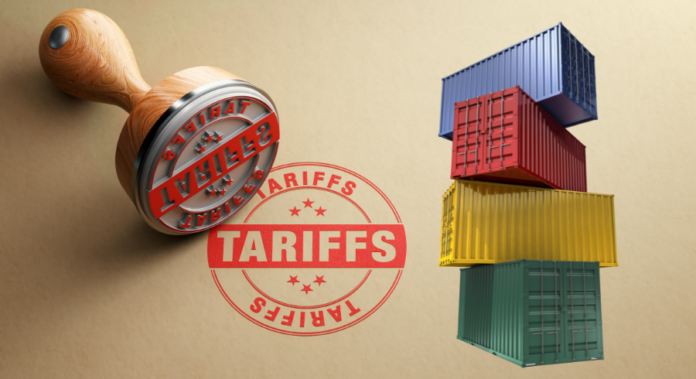Leading industry bodies, including the Lahore Chamber of Commerce and Industry (LCCI) and the Pakistan Association of Auto Parts Manufacturers (PAAPAM), have raised serious concerns over the proposed National Tariff Policy 2025-30, warning that the planned tariff rationalisation could undermine Pakistan’s manufacturing sector, cost jobs, and destabilise the economy.
The draft policy, introduced by the Engineering Development Board, aims to simplify the tariff structure by capping import duties at a maximum of 15 percent.
However, both LCCI and PAAPAM argue that such a narrow tariff band risks exposing local manufacturers to a surge of cheaper imports, thereby threatening domestic industries.
LCCI President Mian Abuzar Shad said that while tariff reform is necessary, the proposed 0 to 15 percent range is too limited to address the diverse needs of Pakistan’s industrial landscape.
He highlighted that globally competitive economies such as China maintain wider tariff spreads to protect sensitive sectors. Shad warned that this narrow approach would blur the lines between local manufacturers and importers, discouraging production and causing revenue losses to the government.
The shortfall in customs revenue, he added, would likely be made up through higher indirect taxes or additional borrowing, both harmful to the broader economy.
Echoing these concerns, PAAPAM Chairman Usman Aslam Malik cautioned that the new tariff structure could trigger the collapse of a majority of domestic auto parts manufacturers, potentially leading to the loss of up to 500,000 jobs.
He stressed that the abrupt rationalisation threatens industrial stability by eliminating the cascading tariff system that supports value addition and balanced industrial growth.
Malik also pointed out the disparity in export incentives, noting that while China offers up to a 13 percent export rebate on certain products, Pakistan’s duty drawback rate remains at only 2 percent, putting local firms at a disadvantage internationally.
Both groups also warned that tariff reductions could worsen Pakistan’s foreign exchange position by increasing imports, putting further pressure on already strained reserves. They argued that trade liberalisation alone cannot drive export growth unless domestic industries are first strengthened.
Shad and Malik jointly urged the government to delay implementing tariff cuts and instead pursue a phased, consultative approach. They called for meaningful dialogue with all stakeholders to develop a tariff regime that protects local industry, supports job creation, and maintains macroeconomic stability.
“Our industries already face challenges including high energy costs, inefficient labour markets, and a complex tax system,” Malik said. “A premature tariff overhaul risks undoing significant progress in quality and innovation achieved by domestic manufacturers.”
The industry groups emphasized the need for a balanced policy that encourages both industrialisation and export competitiveness without exposing Pakistan’s manufacturing base to disruptive shocks.




